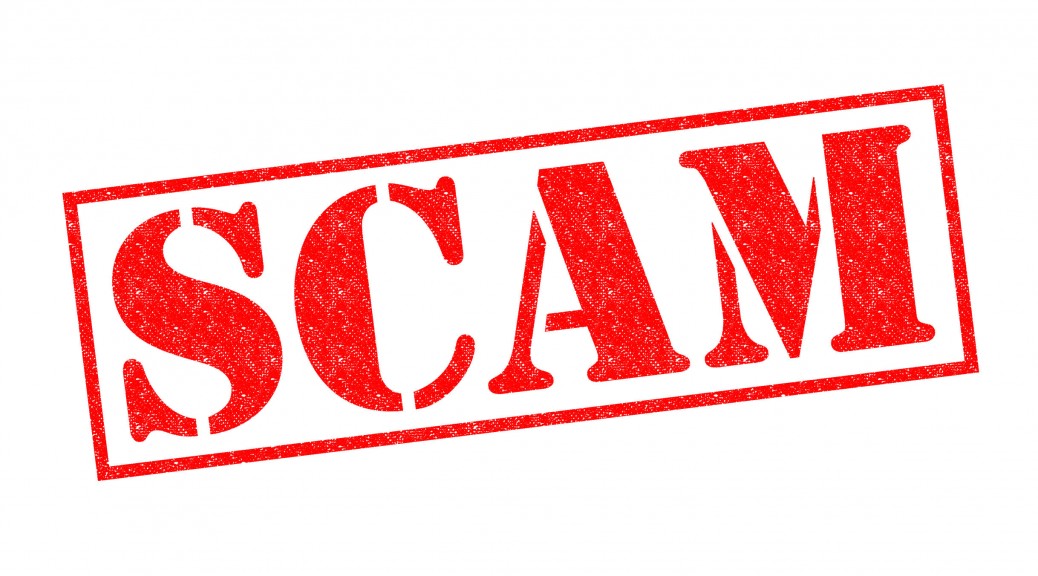It has been brought to our attention that Indian students are again being targeted by scammers allegedly calling on behalf of the “Home Office”. They call the students and intimidate them, threatening with arrest and deportation, claiming that some formalities were not fulfilled by the student at the time of arrival in the UK and therefore the student was now a “criminal immigrant” and must apply for an AR (Alien Resident card).
The scammers ask for personal and financial details, and intimidate students into paying them large sums of cash via gift cards. They threaten students with arrest if the money is not paid or if the information is shared with anyone.
BEWARE – This is a very sophisticated scam! If they were to call you and you challenge their authenticity they may tell you to Google their phone number and verify their identity. They will have set up fake webpages and links to deceive you. They can be very forceful and authoritative in their tone, even more so if they sense that you are scared.
British Police or Home Office never contact students in this manner, and they never ask for money over the phone.
If you receive a call of this nature, please do not give out any personal details nor confirm any details they already have (passport number, address, family details).
Please do not download any software they ask you to on your phone or computer.
Cut the phone call and inform the police immediately.
If you are unsure, please feel free to contact International Experience Team on internationalexperience@shu.ac.uk or call us on 0114 225 3813.
If you have already been a victim of this scam – please contact Hallam Union Advice Centre (advicecentre@shu.ac.uk or call 0114 225 4148) as a matter of urgency.





